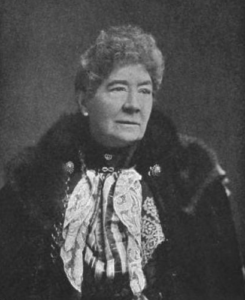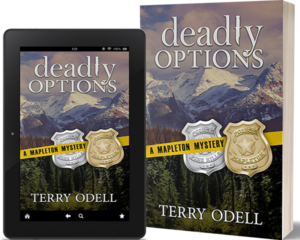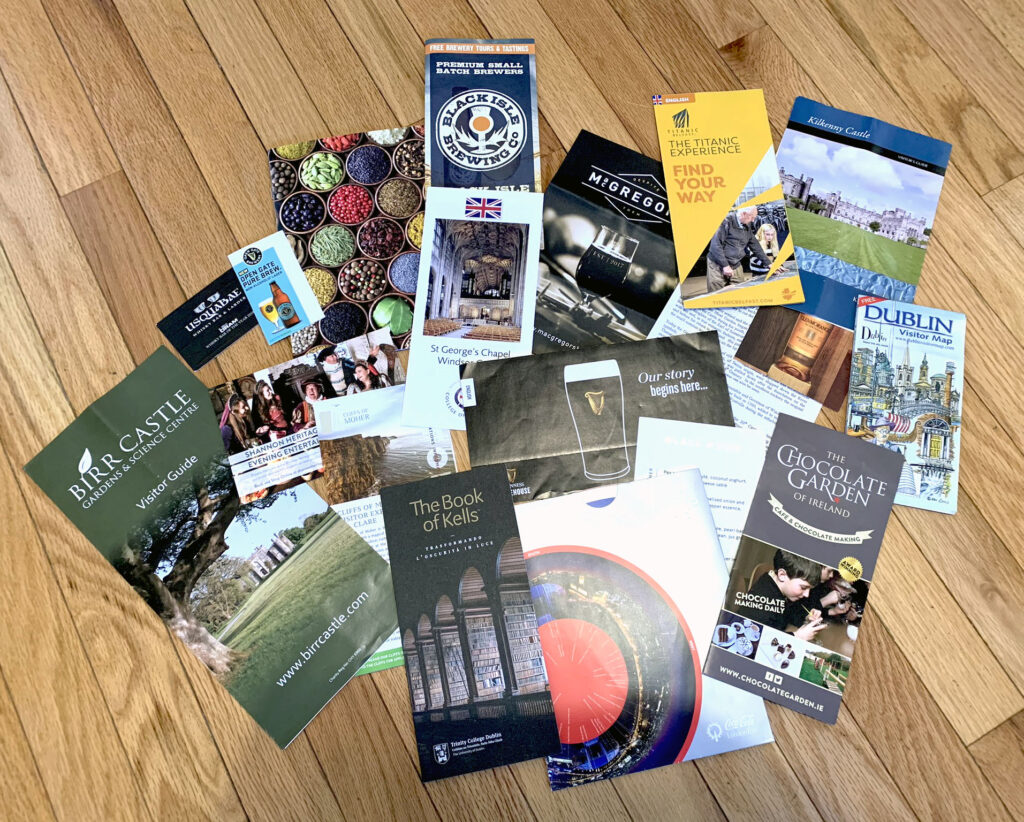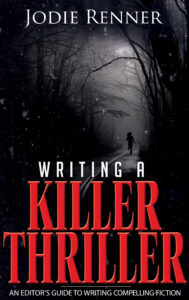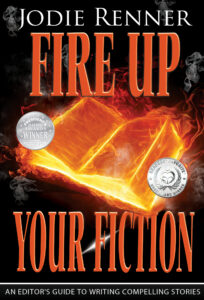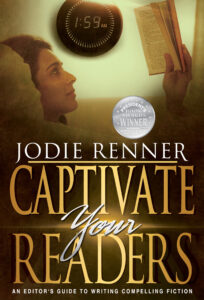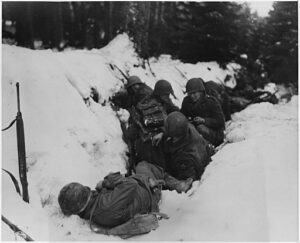In my experience doubt is one of the greatest obstacles writers face. Doubt that you have the chops to finish your latest book. Doubt that you have the skills to even start. Doubt when you find yourself stuck, whether you are an outliner or a discovery writer, or a hybrid of both.
Doubt and I are old acquaintances—it wasn’t until I had been studying and practicing the craft of fiction writing that I began to overcome it, but, even then, doubt continued to get in my way.
My late friend and mentor Mary Rosenblum told me in no uncertain terms I needed to figure out a way to vanquish the inner “demon” of self-doubt or I would never progress as a writer. She told me one of the most talented writers she ever knew had been crippled by intense self-doubt after initially writing some promising work and had not written anything since. I took her advice to heart.
It took me several years after her urging to finally begin to get a handle on overcoming doubt, but I did.
I learned you never banish doubt completely, but rather, you figure out how to write and finish despite the doubt. Today’s Words of Wisdom looks at doubt and how to overcome it before and during writing, as well as when you are stuck not knowing what happens next, with excerpts from James Scott Bell, Joe Moore and PJ Parrish.

Another reason excellent writers experience doubt is, ironically, excellence itself. Because these authors keep setting their standards higher, book after book, and know more about what they do each time out. That has them wondering if they can make it over the bar they have set. Many famous writers, unable to deal with this pressure, have gone into the bar itself, and stayed late.
Jack Bickham, a novelist who was even better known for his books on the craft, put it this way:
“All of us are scared: of looking dumb, of running out of ideas, of never selling our copy, of not getting noticed. We fiction writers make a business of being scared, and not just of looking dumb. Some of these fears may never go away, and we may just have to learn to live with them.”
Yes, you learn to live with them, but how? The most important way is simply to pound away at the keyboard.
You write.
As Dennis Palumbo, author of Writing from the Inside Out, put it, “Every hour you spend writing is an hour not spent fretting about your writing.”
If a writer were to tell me he never has doubts, that he’s just cocksure he’s the Cheez-Wiz of literature, I know I will not want to read his work. That’s why I think doubts are a good sign.
They show that you care about your writing and that you’re not trying to skate along with an overinflated view of yourself.
The trick is not to let them keep you from producing the words.
Don’t ever let the waves of doubt stop you. Body surf them back to shore, let the energy of them flow through your fingertips. That’s the only real “secret” to this game.
James Scott Bell—July 10, 2011
So when you get stuck, what can you do? Here are some suggestions that I’ve used. Perhaps they’ll help you, too.
- Change your writing environment. I have a home office with a desktop PC. I also have a laptop. Sometimes I need different surroundings so I grab my laptop and move to another room or outside. Just the act of breathing fresh air can fire up your brain.
- Listen to music. Often I write to background music, usually a movie score (no distracting lyrics). But sometimes setting down in front of my stereo and rocking out to my favorite group can clear my head and refresh my thoughts.
- Get rid of distractions. TV, email, instant and text messages, phone calls, pets, and the biggest offender of them all: the Internet. Get rid of them during your writing time.
- Stop writing and start reading. Take a break from your writing and read one of your favorite authors. Or better yet, pick something totally out of your wheelhouse.
- Don’t decide to stop until you’re “inspired”. I’ve tried this. It won’t work.
- Open a blank document and write ANYTHING. It’s called “stream of consciousness”. It worked for James Joyce, Virginia Woolf and Marcel Proust. It can work for you.
- Write through it. Beginners sit around and hope for a solution to come to them in their dreams. Professionals keep writing. The solution will come.
- Finally, do something drastic. Bury someone alive. Works every time.
Joe Moore—July 20, 2016
Maybe there are writers out there who never have any doubts. Maybe Nora Roberts or Joyce Carol Oates never break out in a cold sweat at night. But I suspect there are hundreds, maybe thousands, of you out there who are in the same sweaty boat as I am. Because getting published is the easy part. (I know, those of you who aren’t don’t want to hear that, but it’s true.) Staying published is what’s tough. That means consistently writing good books that people want to read. And did I mention trying to always become a better writer?
Here’s Chuck Wendig on the subject of self-doubt. He’s my favorite go-to-guy when I am feeling alone and fraudulent:
You’re sitting there, chugging along, doing your little penmonkey dance with the squiggly shapes and silly stories and then, before you know it, a shadow falls over your shoulder. You turn around.
But it’s too late. There’s doubt. A gaunt and sallow thing. It’s starved itself. It’s all howling mouths and empty eyes. The only sustenance it receives is from a novelty beer hat placed upon its fragile eggshell head — except, instead of holding beer, the hat holds the blood-milked hearts of other writers, writers who have fallen to self-doubt’s enervating wails, writers who fell torpid, sung to sleep by sickening lullabies.
Suddenly Old Mister Doubt is jabbering in your ear.
You’re not good enough.
You’ll never make it, you know.
Everyone’s disappointed in you.
Where are your pants? Normal people wear pants.
You really thought you could do it, didn’t you? Silly, silly penmonkey.
And you crumple like an empty Chinese food container beneath a crushing tank tread.
There’s no easy way to cope with this. But here are some things I have found that have helped me over the decades. If you have some remedies, pass them on. We can all use the help.
- Talk to other writers. Be it through a critique group or at a writer’s conference, or just hanging out at blogs like this — make human contact with those who understand. One of the hardest lessons I learned was that, although writing is a solitary pursuit, it’s not a good idea to go it alone.
- Get away from your WIP. Which is NOT to say you should abandon writing for days or weeks because it you do that you lose momentum and risk being exiled from that special universe you are creating in your head. But it is a good idea, when you a stuck or in deep doubt, to feed your creative engine. Go for a good hike (leave early and take the dog). Read a good book or better yet some poetry. Go see some live theater or a concert. You will come back refreshed. It’s like doing a crossword puzzle: You can sit there and stare at 19-across for days and not get it, but if you put the puzzle down for awhile then pick it up, you see the pattern and can move on.
- Stay in the moment. Don’t project your fears forward or your regrets backward: What if I spend the rest of the year working on this story and it turns out to be a heaping pile of poop? What if no editor ever buys it? What if I only sell four copies on Amazon? If only I had started doing this when I was younger or before I had kids (or fill in the blank) I might be successful by now. As a therapist friend of mine once told me: If you stand with one leg in the past and the other in the future, all you’ll do is piss on your present.
- Don’t be afraid to fail. Because you will, at some time and at some level. If you spend all your energy worrying about this, you will never be a writer. Failure can often lead you in new directions. Margaret Atwood took a vacation to work on her novel but six months later, she realized the story was a tangled mess with “badly realized characters” and she abandoned it. But soon after that, she began her dystopian masterpiece The Handmaid’s Tale. As she put it:
Get back on the horse that threw you, as they used to say. They also used to say: you learn as much from failure as you learn from success.
PJ Parrish—March 14, 2017
***
- Is doubt an obstacle you face as a writer?
- Do you feel doubt when starting or finishing a project?
- If you get stuck while writing, is doubt part of your creative struggle to unstick your writing? What techniques do you use to overcome doubt and unblock your writing?
- How do you overcome overcome self-doubt in general regarding your writing?

